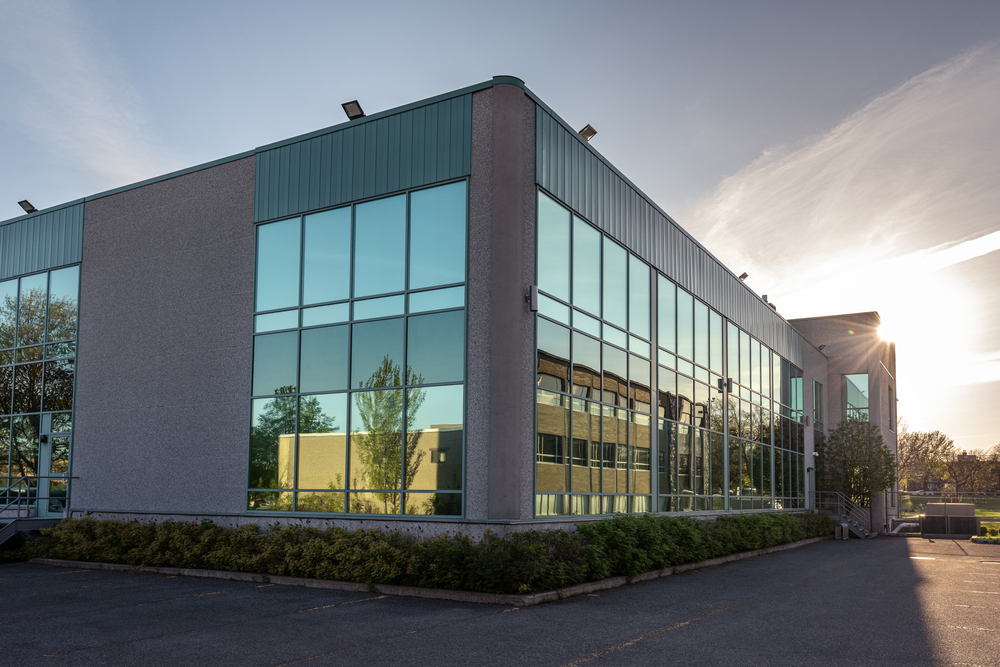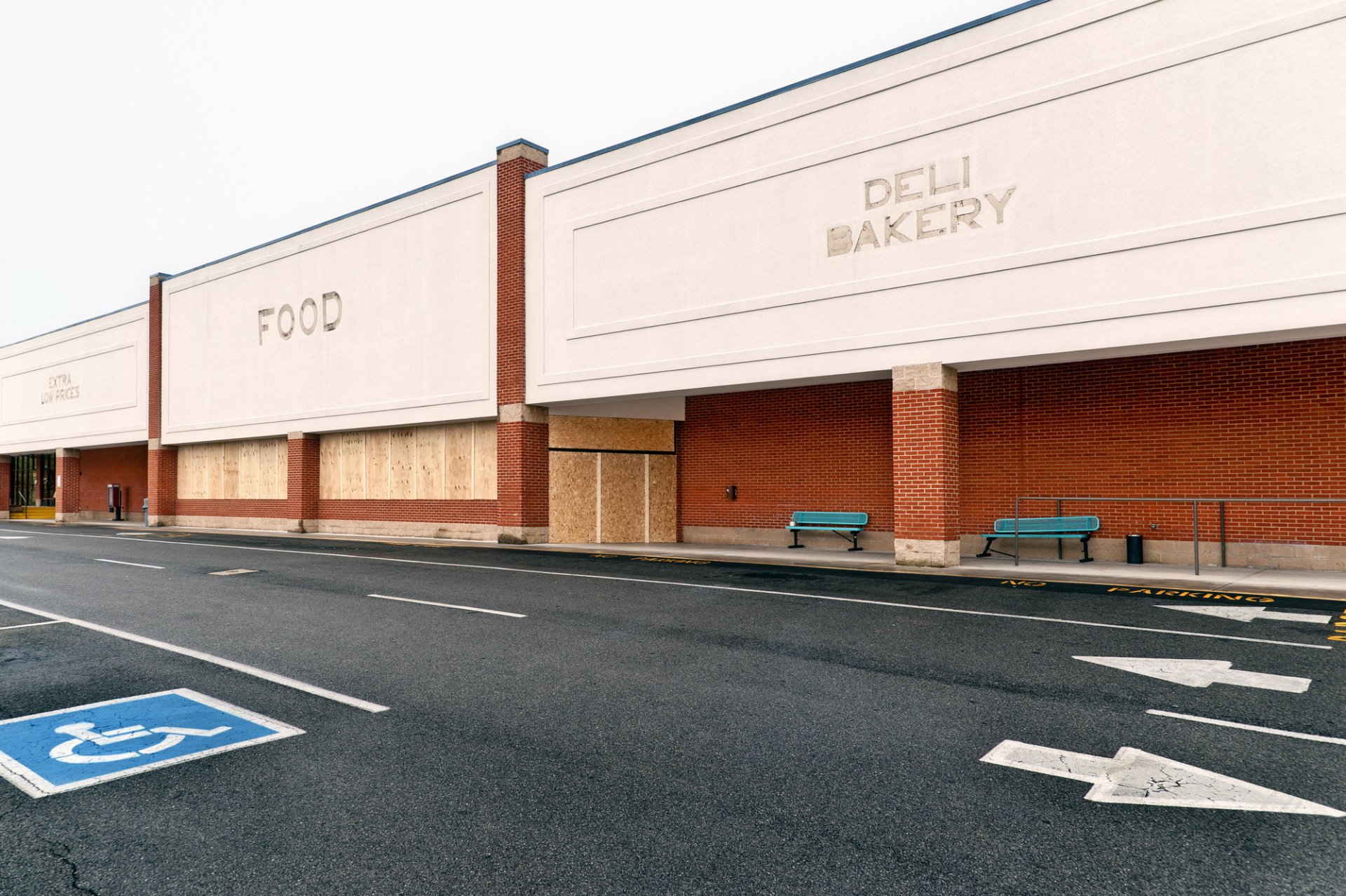This bundle includes 3 one-hour professional development courses.
Find everything you need in one convenient bundle! This package includes 3-hours of Commercial Real Estate professional development courses. Courses included in this package are Introduction to Commercial Real Estate, Commercial Real Estate – Intermediate, and Commercial Real Estate – Advanced.
Courses included in this package:
Introduction to Commercial Real Estate
This introductory course provides a comprehensive understanding of commercial property in the real estate market. It covers various aspects of commercial properties, including different property types, their unique characteristics, and the factors influencing their value. Whether you’re an aspiring real estate professional or an investor, this course equips you with essential knowledge about the commercial property sector.
Commercial Real Estate – Intermediate Course
This intermediate provides a comprehensive exploration of the key parties involved in commercial transactions. It delves into the roles, responsibilities, and interactions of various stakeholders, including buyers, sellers, real estate agents, lenders, and legal professionals. Whether you’re a budding real estate professional or an investor, understanding the dynamics among these parties is essential for successful commercial transactions.
Commercial Real Estate – Advanced Course
This advanced course offers a deep dive into the complex world of commercial real estate rent calculations. It covers the methodologies and formulas used to determine rent in various commercial property types, including office buildings, retail spaces, and industrial properties. Whether you’re a property owner, investor, or real estate professional, understanding rent calculations is crucial for making informed decisions in the commercial real estate market.















